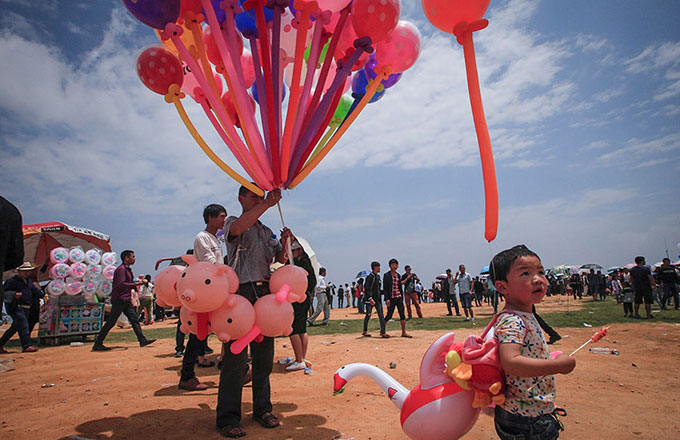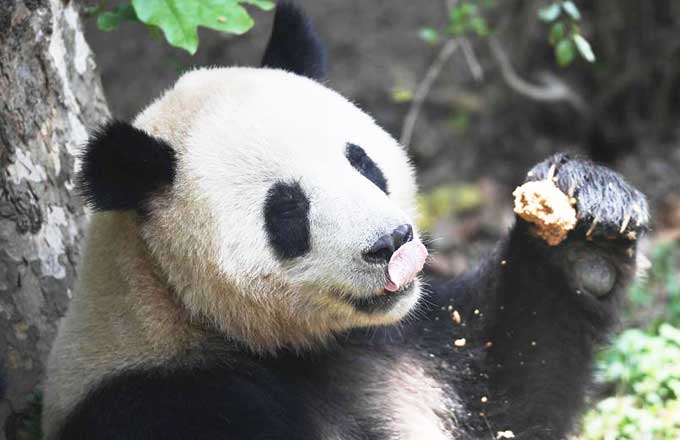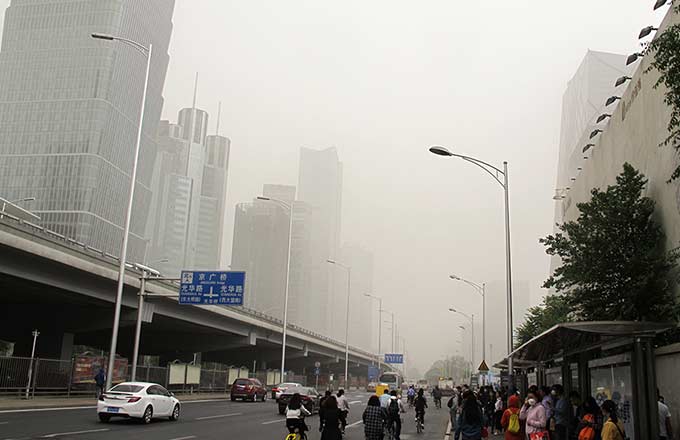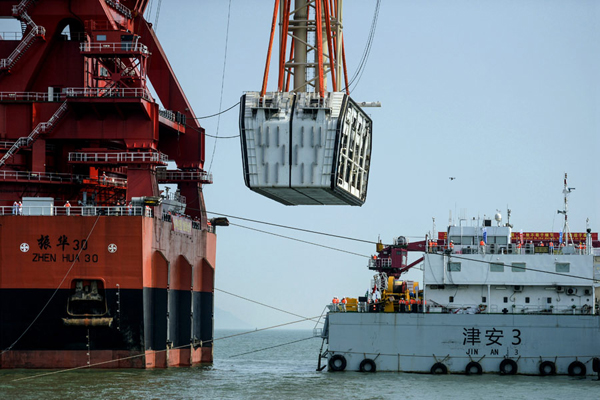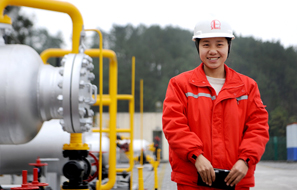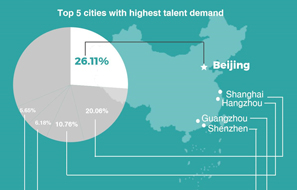Global biotech crop farming reached historical high in 2016
The farming area for genetically modified crops has increased 110-fold globally in 21 years since the commercialization of biotech crops began in 1996, and reached a historical record last year, according to an international GM crop commercialization annual report released on May 5.
According to the International Service for the Acquisition of Agri-biotech Applications (ISAAA)'s annual report "Global Status of Commercialized Biotech/GM Crops: 2016", last year the farming area of biotech crops increased to 185.1 million hectares, compared with 179.7 million hectares in 2015 and 181.5 million hectares in 2014. ISAAA describes itself as a not-for-profit international organization that shares the benefits of crop biotechnology.
However, voices across the world that challenge the safety of GM crops have never ceased. According to the 2016 report, 26 countries, including 19 developing and 7 industrial, grew biotech crops. Developing countries grew 54 percent of biotech crops, compared to 46 percent for developed countries.
Eight countries in Asia and the Pacific grew 18.6 million hectares of biotech crops in 2016.
Ten countries in Latin America, including Paraguay and Uruguay, grew a combined 80 million hectares of biotech crops in 2016.
That year, the leading countries growing biotech crops continued to be the United States, Brazil, Argentina, Canada and India. Combined, these five countries farm 91 percent of the global biotech crop area.
"Biotech crops have become a vital agricultural resource for farmers around the world because of the immense benefits for improved productivity and profitability, as well as conservation efforts," said ISAAA Chair of the Board Paul S. Teng.
In 2016, South Africa and Sudan increased farming of biotech maize, soybean and cotton to 2.66 million hectares, up from 2.29 million hectares in 2015.
Brazil increased their biotech area of maize, soybean, cotton and canola by a remarkable 11 percent this year – maintaining its ranking as the second largest producer of biotech crops after the United States Brazil’s biotech soybeans account for 32.7 million hectares of the 91.4 million hectares grown worldwide.





